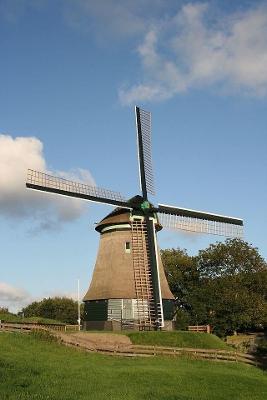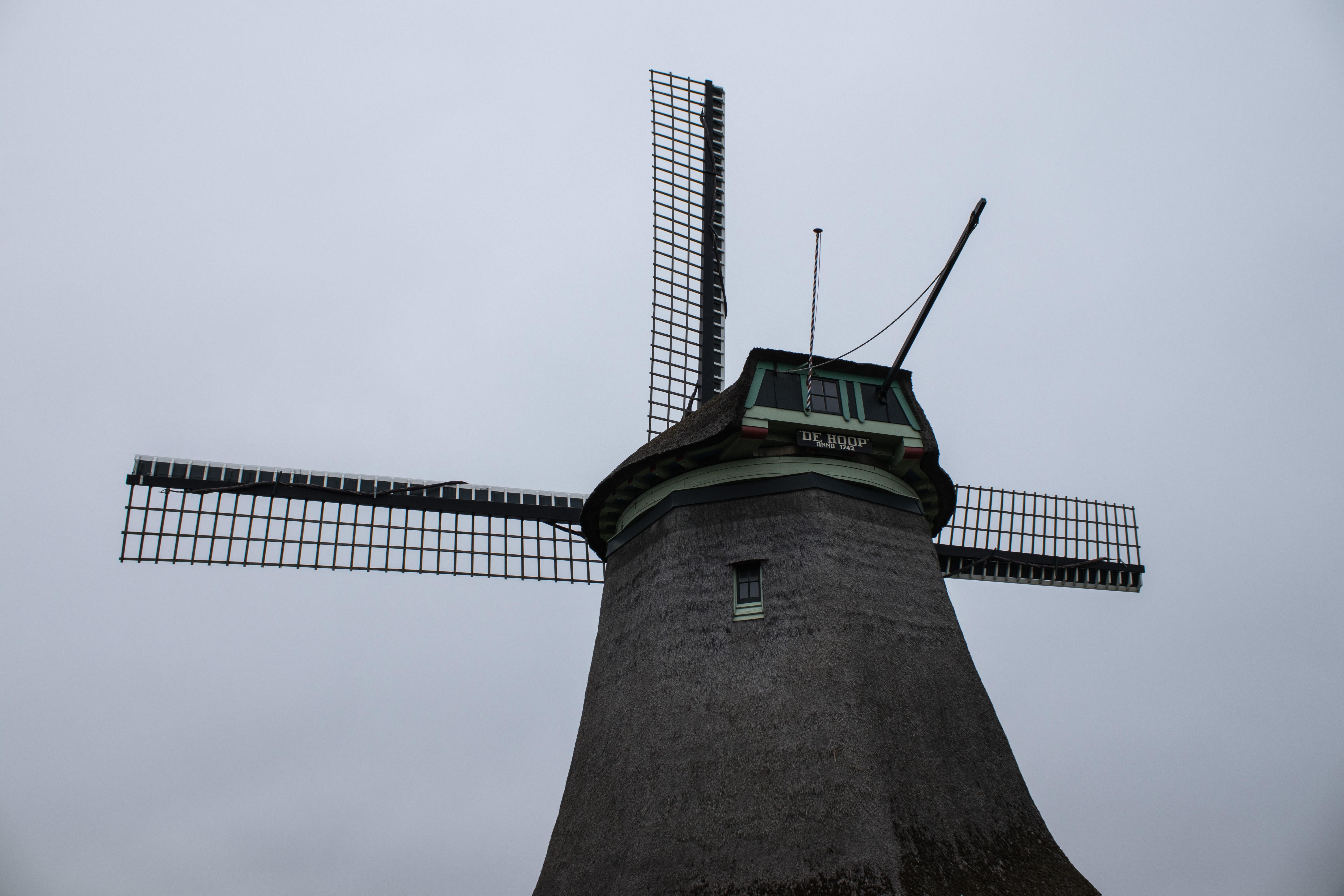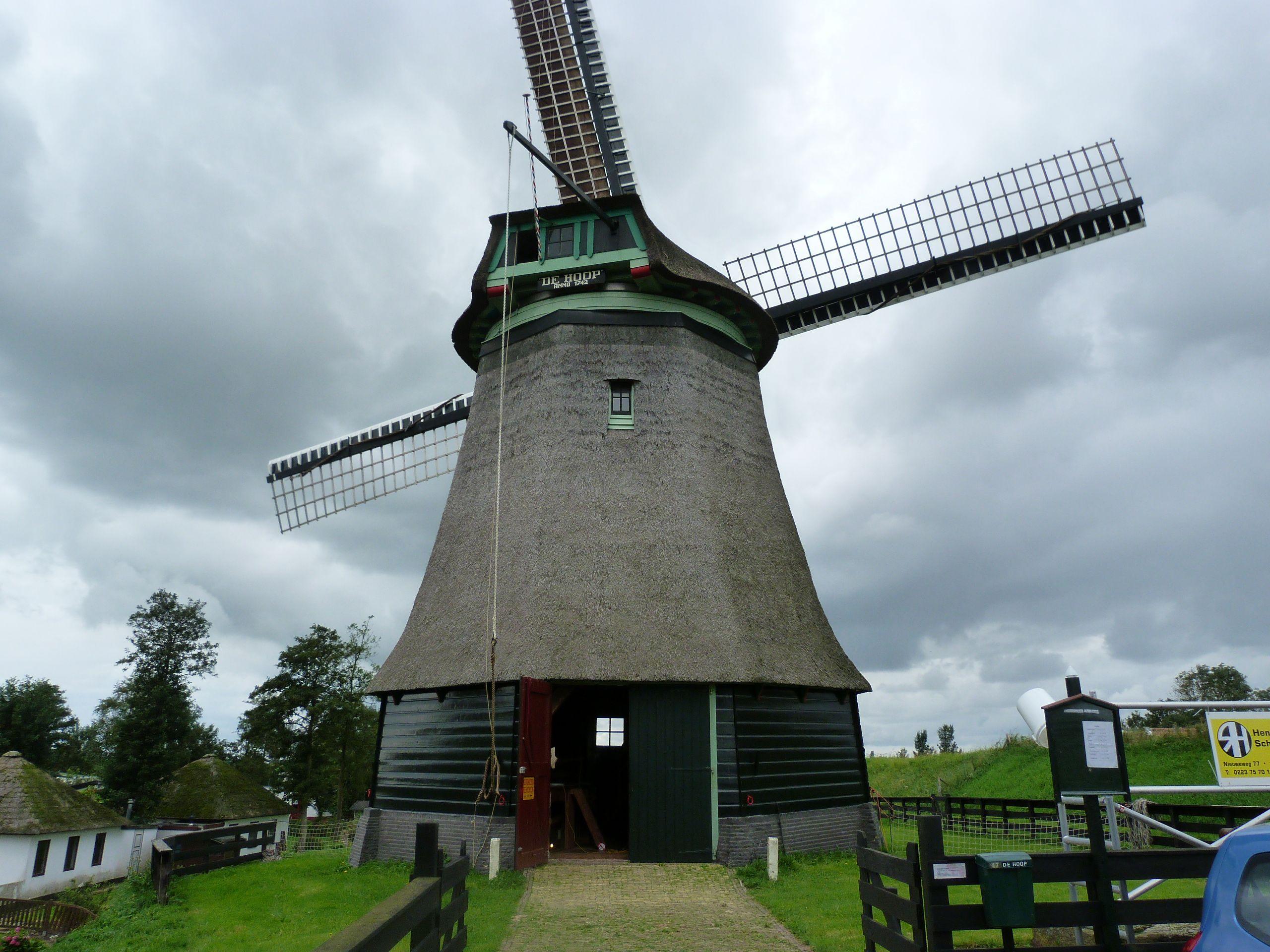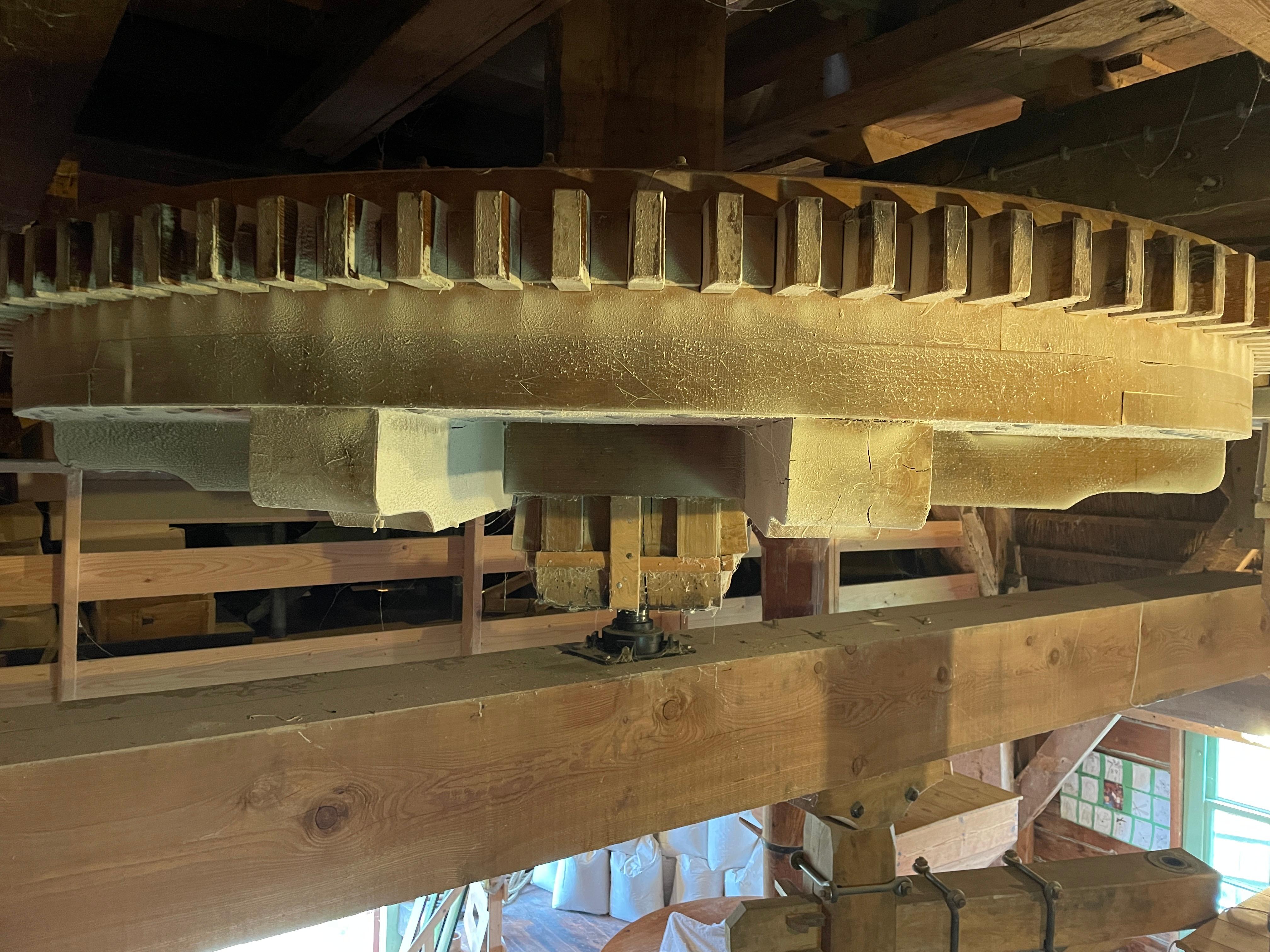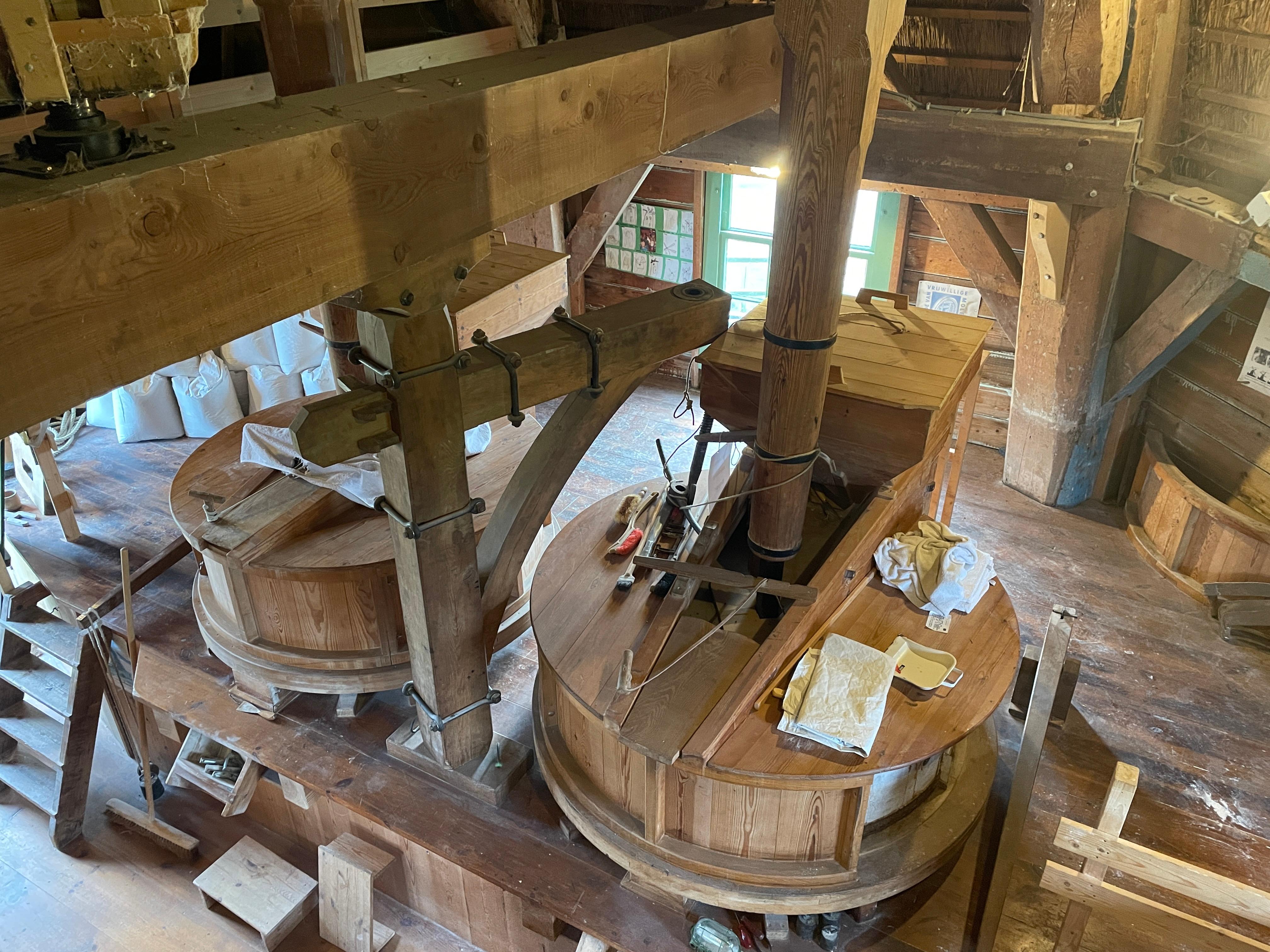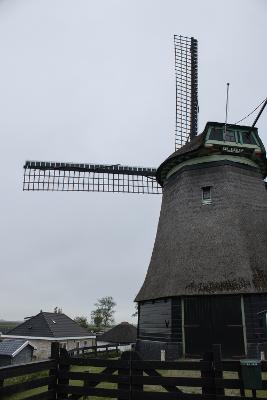The ironing mill was built in 1741 for the drainage of the Wieringerwaard. The Wieringerwaard was drained in 1610, just after the reclamation of the Zijpe. Five mills took care of the drainage and the pumped-out water could end up at sea via a diver sluice. At the end of the 17th century it turned out that the five mills could drain the polder, but that this was not possible if the outside water level was too high. If the water level of the sea was too high, the pumped-out water could not be drained. The plan was conceived to build an ironing mill, which could grind the vortex at sea from a high outside water level. With the arrival of the steam pumping station in 1871, the ironing mill lost its function. The mill was sold to C. Posch to be converted into a corn mill. During the Second World War, the mill gear, spindle and rail wheel were removed and burned. In 1961 the mill came to an end, the mill was completely demolished and sold. The mill was restored in 1964, when it was operational but empty inside. The interior was refitted in 1998 and grain has been ground by the volunteer millers ever since. The mill is owned by the Municipality of Hollands Kroon and is operated by Stichting Molen de Hoop. The millers are present almost every Wednesday from 10 am to 4.30 pm. Feel free to come and have a look inside! Grain is ground into flour. You can buy the traditional mill flour or pancake mix from the miller. The mill is a national monument. Sources – Mill database via www.molendatabase.nl – Register of monuments via www.monumentenregister.cultureelerfgoed.nl – Molen de Hoop Foundation via. www.dehoopwieringerwaard.nl
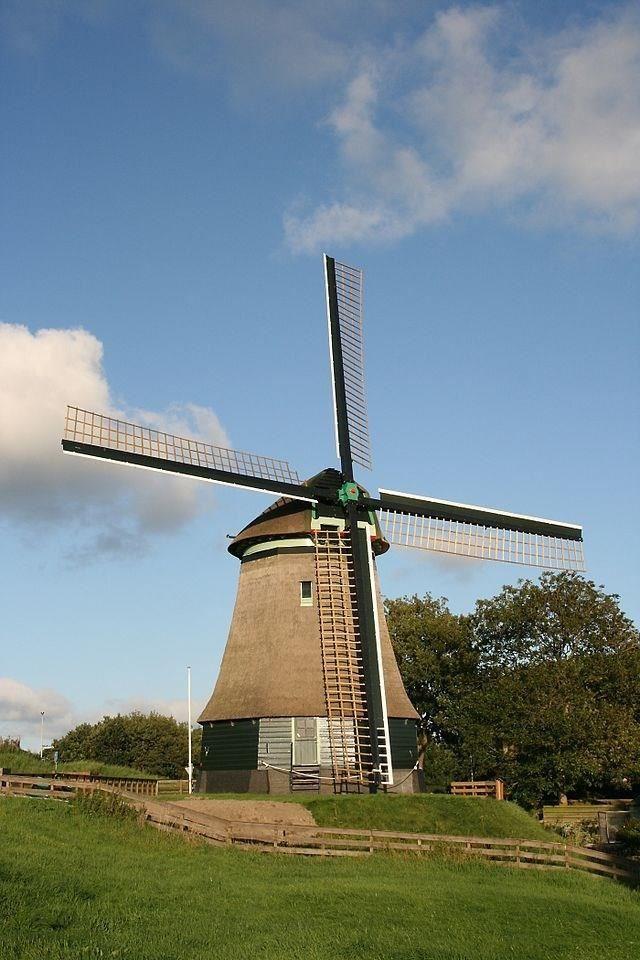
Molen Hoop
Nearby locations
-
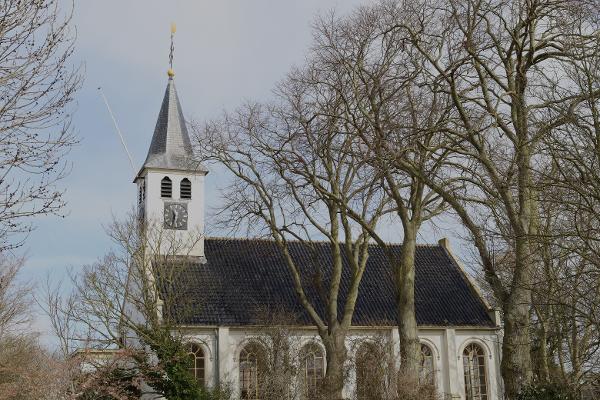
Witte kerkje
- Location
- Wieringerwaard
The White Church was built in 1865 on the foundations of a wooden church from 1636. The 17th-century tombstones in the church floor come from the predecessor of this church.
-
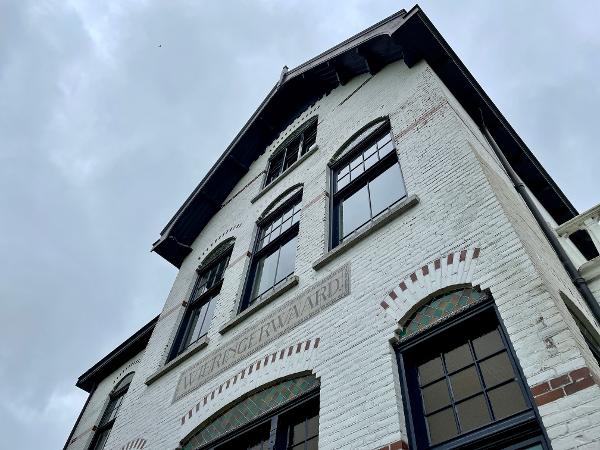
Tramstation Wieringerwaard
- Location
- Wieringerwaard
Het station in Wieringerwaard is gebouwd in 1910 voor de Nederlandse tramlijn Van Ewijcksvaart – Schagen.
-
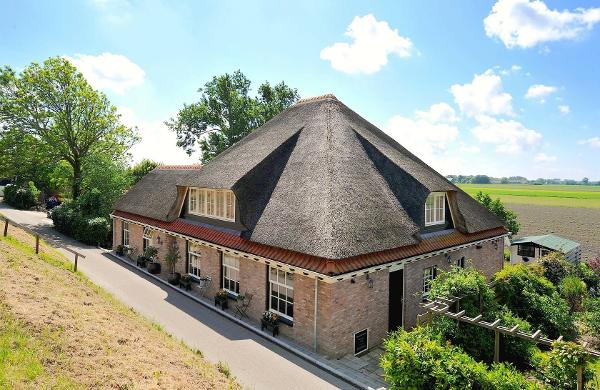
Appartementenboerderij Nieuwesluis
- Location
- Wieringerwaard
"Feel at home on the Nieuwesluis"-the ideal starting point for your holiday. We would like to introduce our first introduce to you. We are Tosca and Ed, owners since 1 February 1989. After major renovation is our North Dutch farmhouse ready for rental. Centrally located in North Holland; the ideal starting point for your holiday. There are 2 studios for 2 people and 1 apartment for max. 6 people. The farmhouse has its original function of herberg in part regained. We look forward to your visit. You are cordially welcome!
-

Stolp Noord Zijperweg 81 Wieringerwaard
- Location
- Wieringerwaard
Deze fraaie stolphoeve aan de Noord Zijperweg in Wieringerwaard is een Rijksmonument. Het wooneind is dwars uitgebouwd, eindigend tegen gevel met houten top.
-

De Pauw
- Location
- Wieringerwaard
This green jewel in the polder has 4 rooms, 1 single room, and a fully equipped chalet. 3 rooms share a large bathroom with toilet. The blue room has a private bathroom and private toilet. Full breakfast with homemade jammetjes and freshly baked pastries. Ideal for families or small groups up to 9 people.
-

Marina Nieuwe Sluis
- Location
- Wieringerwaard
The Marina is located in a natural and quiet area on the Waard kanaal in Wieringerwaard. On the south side of the harbor is the lake of the North-Holland Wieringermeerpolder lake. The small harbor offers about 40 berths, with about 20 boxes and a number of berths on the quayside. The Nieuwe Sluis also offers toilets, showers, electrics, a trailer ramp and a small playground for children.
-

Monument route: Along pearls in the polder
- Location
- Wieringerwaard
You can discover our beautiful municipality by bicycle via the bicycle route. The route takes you about 30 kilometers through beautiful nature and past old stately houses, churches, farms and locks. Along the way you will pass, in addition to the many religious buildings, also numerous historic buildings that, together with the other monuments, make our municipality a picture. The route can be followed via the audio tour of Izi.travel.
-

Eendracht Adventures
- Location
- Wieringerwaard
Do you fancy a cosy, adventurous and sporting challenge for a bachelor party, friends or girlfriends group, sports club or a company? With a 10-acre park on an open ground and in the woods, you can completely let yourself go the in summer and autumn weather at Eendracht Adventures; spectacular and unique adventure park in the north of North Holland, which will satisfy all your needs.
-
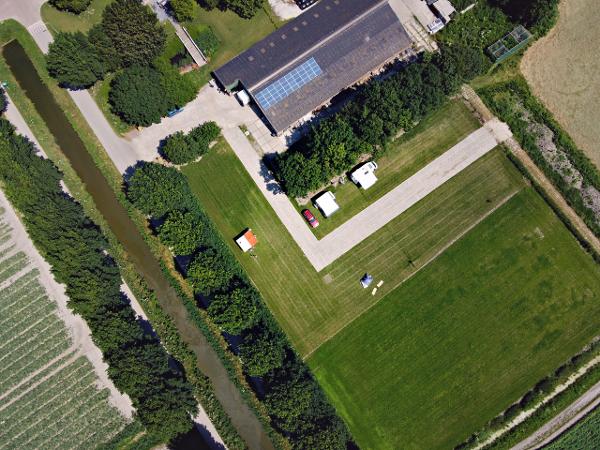
Camping Zonnehove
- Location
- Wieringerwaard
Looking for peace and quiet? Then you've come to the right place! Wake up to expansive meadows in your backyard. Who wouldn't want that?

